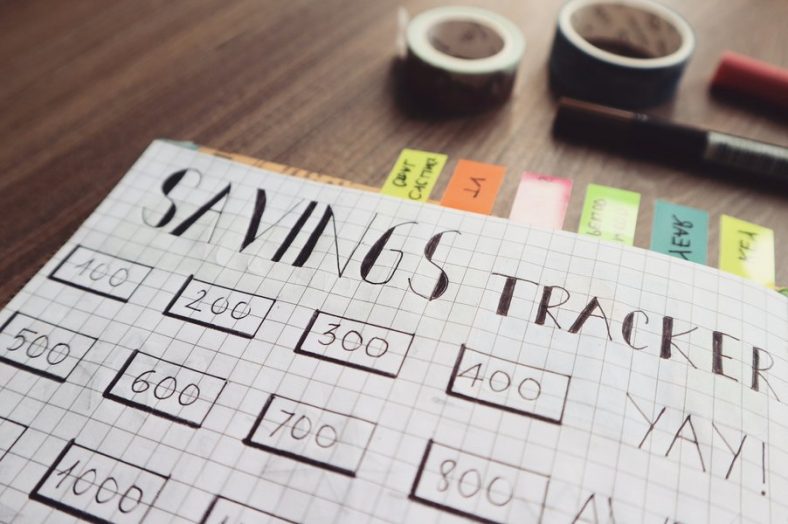The first step to good finances is to understand and set out your budget. Working out what your income is each month and what your outgoings are is crucial to being able to save and have a balanced bank account.
However, what if you find that your income doesn’t cover all of your expenses? It’s a scary moment when you realise, “We’ve got more going out than in. We can’t afford that.” This situation will only lead to an increase in debt as you borrow more to make ends meet and keep up with bills and rent/mortgage payments. Even an overspend of a few pounds a month starts to add up and can affect your credit score.
The first thing to do when you realise you’re in this situation is not to panic. There are most likely things that you can do, you just have to be prepared to really face the issue head-on and potentially make cutbacks for a while.
- Consolidate debt or move it to a credit card with a lower interest rate. When you’re in this situation you don’t need to be racking up more debt through high interest.
- If you have debts like a car loan or other personal loan, talk to the lender immediately. The lenders want to have the debt repaid, in general, they don’t want to have to chase you for it. So if you go to them and explain that you are having a cash flow problem and want to reduce the chances of getting into payment arrears, you might be able to work out a new payment plan. They might be willing to reduce your monthly payments and extend the term of the loan instead. It will mean you’re paying it off for longer but will put more money back into your immediate monthly budget.
- Analyse receipts. Look at literally everything you’ve purchased, and see what is unnecessary. Usually, this adds up to more than people think and could help you shave a few pounds off your budget.
- Do you really need your car? Would it be cheaper to use public transport? Can you get money from selling your car? The costs of fuel, insurance, tax and other running costs are, for most people, the biggest part of the monthly budget. Avoiding short journeys or getting rid of your vehicle altogether could put money back in your budget.
- Compare prices for things like your home fuel and water bills, mobile phones and broadband using comparison sites and an online calculator. Make sure you’re getting the cheapest deal you can – if you’re not then you’re just wasting money which you could be putting back into your budget to pay for other essentials.
- Make sure you’re making the most of coupons, loyalty rewards and other ways to get some cash back on things you’d buy anyway. It’s a simple way to top up your budge.

Leave a Reply